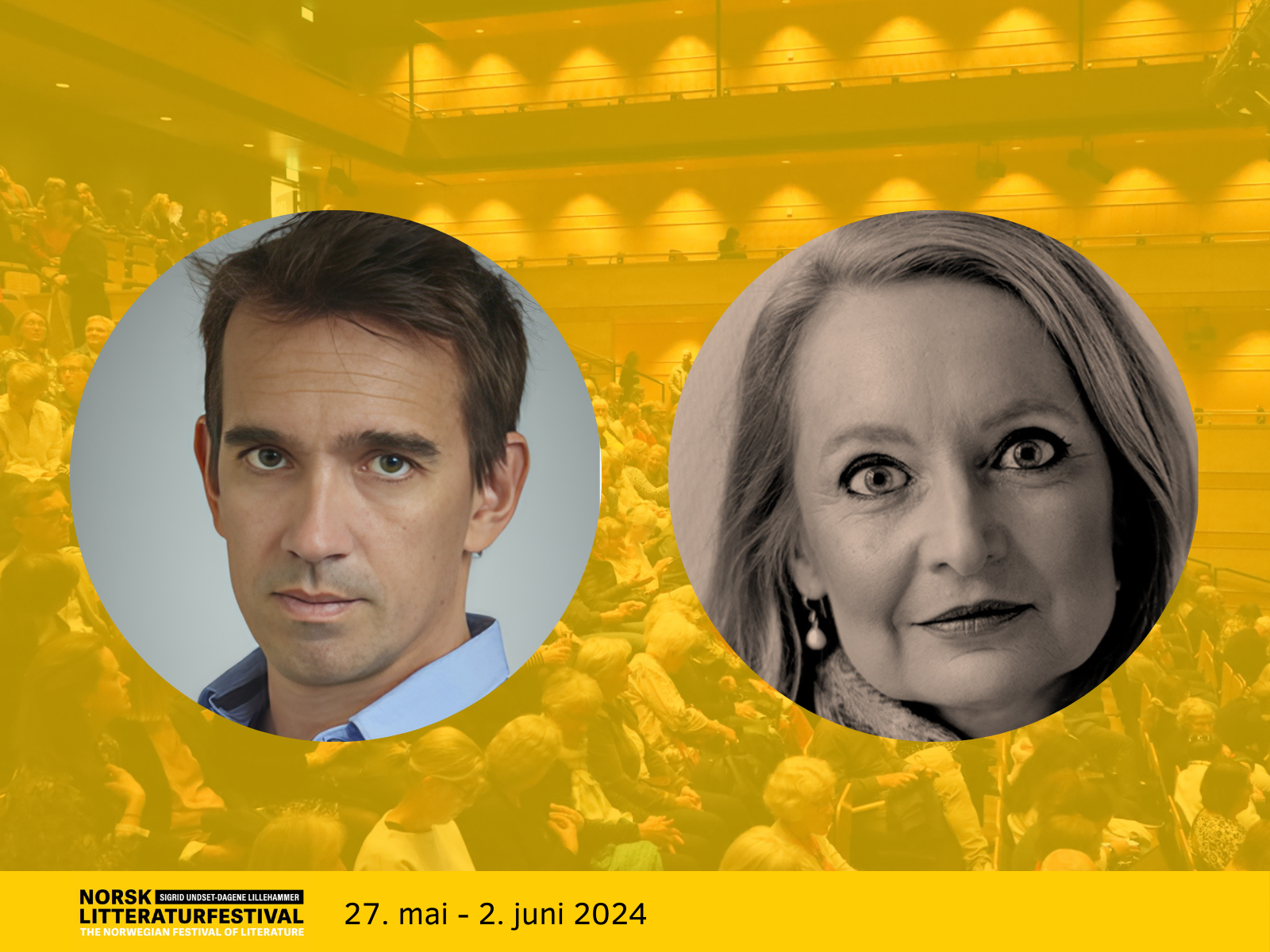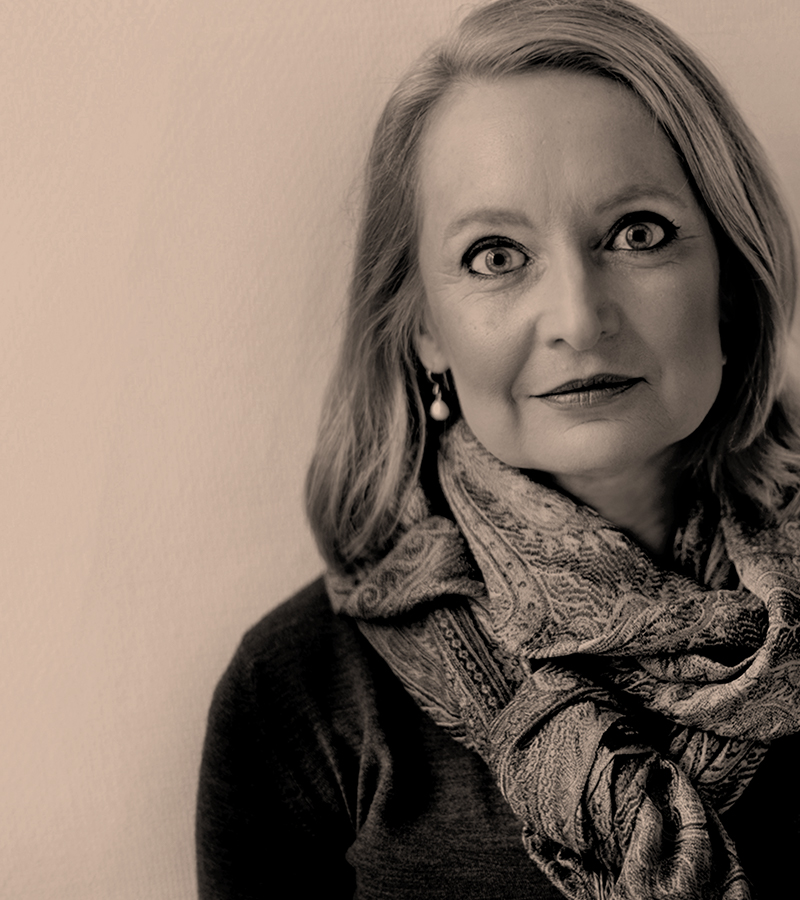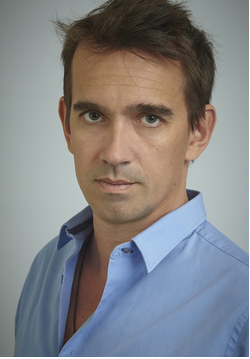
FOLLOWING THE LONG LINES OF HISTORY
British historian Peter Frankopan achieved a major international breakthrough with his book The Silk Roads, a piece on the Asian trade routes that shaped the global economy – and which have become important once again. He is now releasing a book on how environmental changes – including volcanic eruptions as well as climate change – have historically influenced civilizations. Swedish scientific journalist Karin Bojs used the latest in DNA technology to trace her family's historical roots – and ended up back in the Ice Age. She is now releasing an exciting book that challenges previous assertions about migrations and gender roles. What can we learn from studying the long lines of history? What patterns emerge when examining development over time? Moderator: Tore Rem.
FOLLOWING THE LONG LINES OF HISTORY
British historian Peter Frankopan achieved a major international breakthrough with his book The Silk Roads, a piece on the Asian trade routes that shaped the global economy – and which have become important once again. He is now releasing a book on how environmental changes – including volcanic eruptions as well as climate change – have historically influenced civilizations. Swedish scientific journalist Karin Bojs used the latest in DNA technology to trace her family's historical roots – and ended up back in the Ice Age. She is now releasing an exciting book that challenges previous assertions about migrations and gender roles. What can we learn from studying the long lines of history? What patterns emerge when examining development over time? Moderator: Tore Rem.
Contributors



